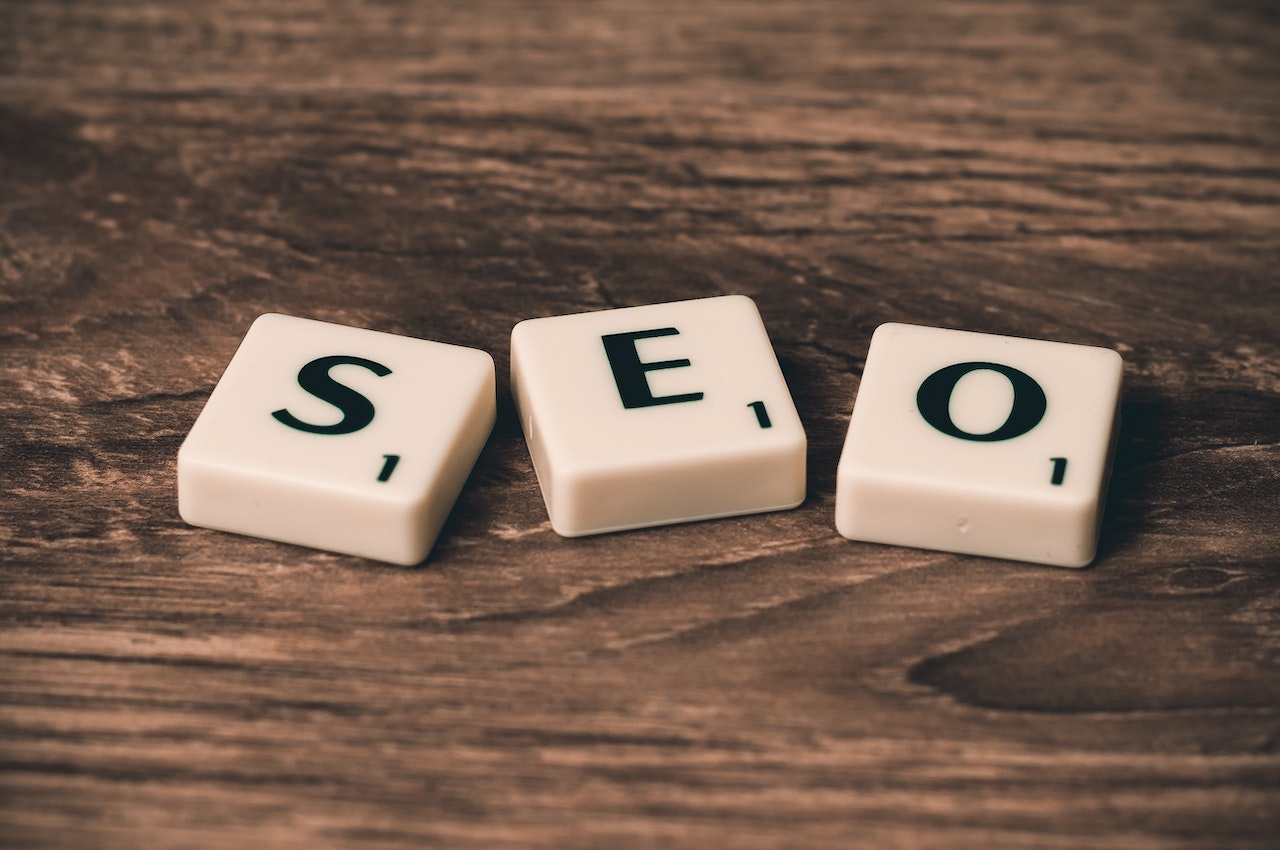In today's digital world, a website serves as the virtual face of a business. It is often the first point of contact for potential customers, making a strong first impression crucial. Good web design goes beyond aesthetics; it encompasses the thoughtful arrangement of elements, intuitive navigation, and engaging user experience.
In this blog, we will explore the importance of good web design and its impact on businesses, user perception, and overall success.
The ultimate goal of a website is to convert visitors into customers or leads. Good web design plays a crucial role in achieving higher conversion rates. By strategically placing compelling call-to-action buttons, optimizing forms, and creating persuasive landing pages, web design can guide users towards desired actions. A visually appealing and user-friendly design instills confidence in visitors, increases their willingness to engage with the website, and ultimately improves conversion rates.
User Experience
One of the primary reasons good web design is essential is because it directly affects the user experience (UX). A well-designed website ensures that visitors can easily navigate through the pages, find the information they need, and accomplish their goals seamlessly. Intuitive navigation, clear call-to-action buttons, and logical information architecture guide users through the website, leading to a positive experience and increased user satisfaction.
First Impressions
Within seconds of landing on a website, users form an opinion about a business. Good web design plays a critical role in making a positive first impression. A visually appealing and professional-looking website creates a sense of credibility, trust, and reliability. On the other hand, a poorly designed website can make visitors question the professionalism and legitimacy of a business. A well-designed website captures attention, engages visitors, and encourages them to explore further.
Branding and Consistency
A website is an opportunity to showcase a brand's identity and establish a strong online presence. Good web design incorporates branding elements such as logos, color schemes, typography, and visual styles that align with the overall brand image. Consistency across all web pages helps reinforce the brand message, instill trust, and create a cohesive user experience. A website that reflects a brand's values, personality, and unique selling points strengthens brand recognition and loyalty.
Search Engine Optimization (SEO)
Good web design and SEO go hand in hand. A well-optimized website with clean code, fast loading times, and mobile responsiveness is favored by search engines. Search engines consider user experience as an important ranking factor. A good web design incorporates SEO best practices, such as using relevant keywords, creating descriptive meta tags, and optimizing images. This improves visibility in search engine results, driving organic traffic and increasing the chances of attracting potential customers.
Conversion Rates
The ultimate goal of a website is to convert visitors into customers or leads. Good web design plays a crucial role in achieving higher conversion rates. By strategically placing compelling call-to-action buttons, optimizing forms, and creating persuasive landing pages, web design can guide users towards desired actions. A visually appealing and user-friendly design instills confidence in visitors, increases their willingness to engage with the website, and ultimately improves conversion rates.
Mobile Responsiveness
With the widespread use of smartphones and tablets, having a mobile-responsive website is no longer a luxury but a necessity. Good web design ensures that the website adapts seamlessly to various screen sizes and devices. A mobile-responsive design guarantees that users can access and navigate the website efficiently on any device, enhancing the user experience and reducing bounce rates. It also improves search engine rankings as mobile-friendliness is a key factor in search algorithms.
Competitive Advantage
In today's competitive landscape, businesses need every advantage they can get. A well-designed website sets a business apart from competitors. It showcases professionalism, credibility, and attention to detail, giving a competitive edge. A visually appealing and user-friendly website attracts and retains visitors, increases engagement, and improves the likelihood of them choosing your business over others.
Conclusion
Good web design is essential for businesses seeking to succeed in the digital age. It impacts user experience, establishes credibility, reinforces branding, enhances SEO efforts, improves conversion rates, and provides a competitive advantage. Investing in professional web design ensures that your website not only looks visually appealing but also delivers a seamless and engaging user experience. Remember, a well-designed website is an invaluable tool that helps build strong customer relationships, drives business growth, and propels your brand forward in the online marketplace.







